Elizabeth Nolan
Senior Psychologist
Our Lady’s Children’s Hospital,Crumlin.
Acknowledging and addressing the impact of Liver Disease on families at the various developmental stages.
Toddlers
Unable to consider long term consequences
Utterly dependent on parents
Effects after diagnosis such as grieving, increased worrying
Child manipulates the parent which creates a deterioration in behavior
Children take their cues from their parents, they cope how you cope.
Young Children
Are adaptable, flexible and assimilate to new situations
Childhood curiosity can lead to difficult questions arising
When a child begins to ask questions it is then time to answer
answer honestly
with an understandable explanation
keep up with routine
give information in advance e.g. inform about doctors appointment 1/2 days in advance
Firm but fair
Adolescents
Desire for independence conflicting with the demands of a chronic illness which requires adolescents to be more dependent on their parents
Necessary to be supportive and acknowledge difficulties
The fear of being different from their peers is a main concern
What may seem trivial to us can be a huge concern for a young person
Praise their good moments
Gradually increase their responsibility for personal health
Reinforce the idea that illness is not all encompassing – more in their life than liver disease
As a family focus on how to get Liver Disease into balance with your everyday routine
Requires teamwork, communication and collaboration as a family
Balance your health with your child’s and don’t neglect your needs.
What happens after diagnosis?
Parents go through a process of grieving
Significant increase in parental anxiety
Parents worry about the child’s future
This can lead to a less consistent approach in behavior management
Parenting and discipline should be the same for children with a liver condition as for their siblings and peers without.
COMMUNICATION
Talk to child, teacher, principle, medical team.
Working together to help meet your child’s needs
One shoe does not fit all.
Parental study
The study was conducted interviewing parents of children with Liver Disease.2 main themes emerged in the study.
Liver Disorders impacts the entire family
It is a process that requires constant adaptation
From these personal experiences it was observed that
the child and family are extremely resilient
the need to focus on your health as a parent
this allows you to put into place necessary supports for your child
Questions
Addressed the need of medical professionals to assist families with their jargon and communications between family and child
Necessary to acknowledge family life and be aware of it in medical practice in order to move forward in a family friendly manner


